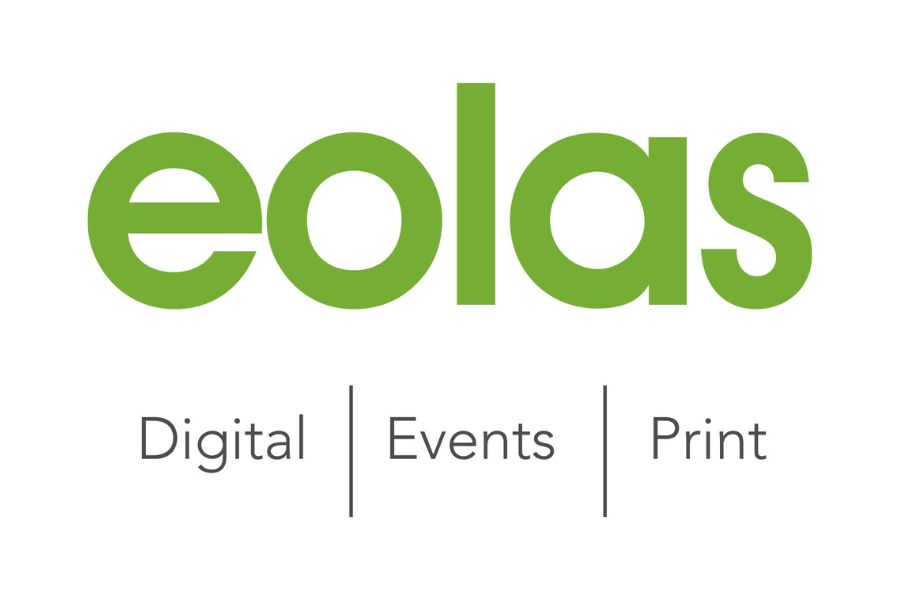Blog | Prioritise cybersecurity in 2022
Eolas Magazine – January 2022
The ransomware attack on the HSE’s IT system in May 2021 showed Ireland that cybersecurity can no longer be taken for granted.
Most importantly, it alerted the Irish Government to the dangers of an under-resourced cyberdefence network. Since the attack, it has pledged €2.5 million in funding for the National Cyber Security Centre. This is good news; more resources will help protect Ireland’s critical infrastructure from future disruption.
The EU, too, is funnelling more money and minds towards cybersecurity threats. The Commission presented its plan for the Joint Cyber Unit in June; if approved, it will allow member state capitals to pool resources and provide mutual assistance should a catastrophic cyberattack occur.
Two new EU laws, updates to NIS2 (Security of Network and Information Systems Directive) and CERD (Critical Entities Resilience Directive), will require critical sectors to have more robust cybersecurity policies, reporting procedures, and stronger physical protection of their technical infrastructure.
This increased cybersecurity awareness is not a coincidence. There has been a dramatic increase in our usage, reliance and dependence on digital tools, systems and applications during a year and a half of lockdowns and semi-restricted trading.

A successful cyberattack could conceivably put many SMEs out of business. Indeed, according to a 2021 Hiscox report, one in six businesses surveyed said a cyberattack this year had ‘materially threatened the solvency or viability of the company’. The same Hiscox report shows that the median cost of an attack on a micro-business is $8,000. SMEs, which make up 99 per cent of Irish businesses, are regular targets for cybercriminals.
From .IE’s work with SMEs, including our .IE Digital Town programme and .IE Tipping Point research, we know that when it comes to digital, SMEs are frequently concerned about a lack of skills, time, and money. This means many SMEs de-prioritise important digital best practices, such as cybersecurity. Fortunately, the risk of being a victim of a cyberattack can be decreased dramatically with good security hygiene.
Read the full article on Eolas Magazine.
David Curtin is our CEO.